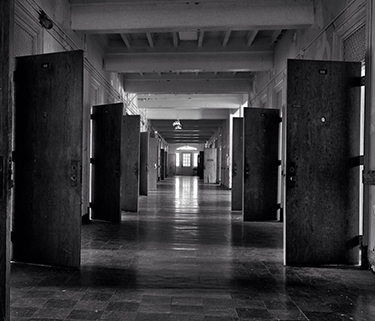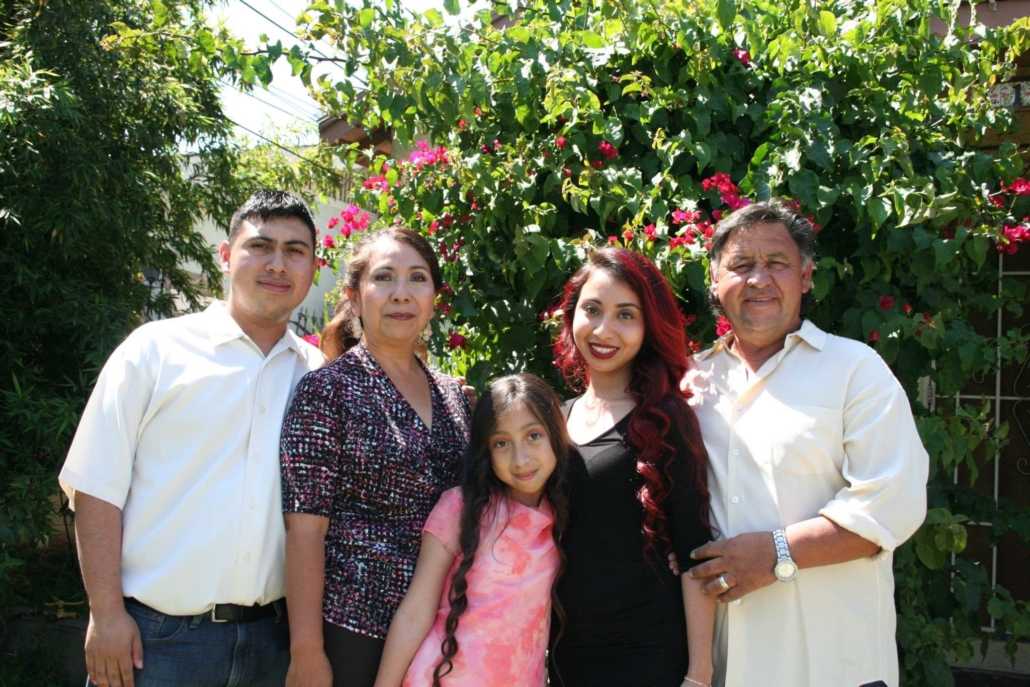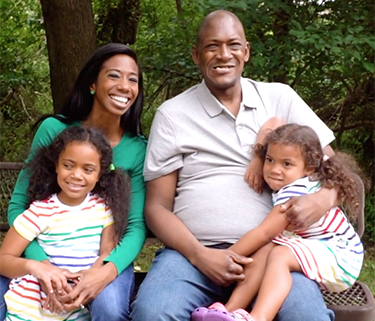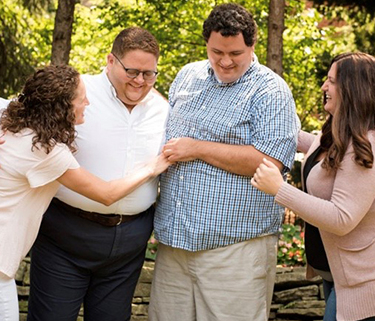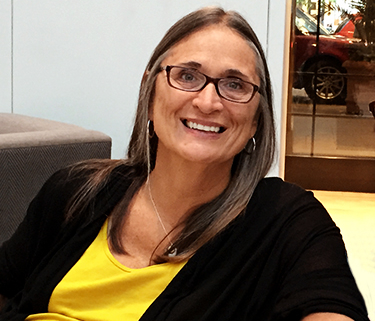The Arc’s Senior Director of Public Policy, Nicole Jorwic, testified during a Congressional briefing on “The Hidden Crisis of Care in the U.S. – Addressing the Homecare Workforce Shortage” Friday, November 1. Jorwic explained the impact of the direct care crisis and how it hurts direct support professionals and people with intellectual and developmental disabilities and their families, including her own.
The Direct Care Crisis: In Congress, On the Road, and at Home
By Nicole Jorwic, Senior Director, Public Policy
In my role at The Arc, I am lucky to spend a fair amount of my time on the road speaking and meeting with our chapters, families and individuals with disabilities. Nearly everywhere I go, the number one issue that I hear about most is the workforce crisis when it comes to serving individuals with disabilities.
People with intellectual and developmental disabilities (IDD) often need some extra support to be a part of their community. The help can include supports in personal care, communication, household tasks, building relationships, and navigating the community. The work that direct support professionals, or DSPs, do is invaluable to the disability community and the service system that relies on their abilities to keep people out of more costly, restrictive, and often segregated institutional settings.
The word “crisis” doesn’t really do it justice – having a skilled, properly trained and fairly paid workforce is the linchpin for success for so many people with disabilities to live the independent life that they choose.
To illustrate the crisis, consider these statistics for direct support professionals:
- $11.76 average hourly wage
- 46% average state-wide turnover rate
- 38% of DSPs left their position in fewer than 6 months (Hewitt et al., 2018)
How, in 2019, after decades of progress in disability rights, are we in this mess?
The lack of investment from the top creates the crisis.
There has been a lack of federal investment for decades and states have not picked up the slack. The rates service providers receive to ultimately pay DSPs do not take into account the wages of competing occupations, the need for benefits, and the actual costs of services. What has resulted are rates and therefore wages that have been flat for decades, without even cost of living increases.
I also know what this looks like from a personal perspective.
My brother Chris is 30 and has autism. He lives in the suburbs of Chicago with my Mom and Dad who both work full time jobs. Chris has a series of three to four DSPs who come throughout the week to get Chris out into the community. He spends time volunteering with the elderly, works out to stay healthy, and is working on finding community employment.
It sounds great, right? And it can be, but it all hangs on a thread. In my home state of Illinois where the average DSP wage is even lower at under $10 per hour, a very thin thread.
And I was at one of those events for a chapter over the summer, hearing about the workforce crisis when I got a text from my mom that Chris’ “main DSP”, meaning the one who was with him the most, had quit, not because she didn’t love Chris, or the work, but simply because she could make more doing something that didn’t have the same responsibilities.
That happened more than two months ago, and a new DSP still has not been hired, so now my Mom can’t work as much, or other family members help us cover. But not everyone can make those changes.
It also has a very real impact on the progress that my brother can make in his own life. I asked him to share his thoughts and he typed “I want more support, I am very frustrated and I feel that my progress is being hurt. I need more regular scheduled DSPs and they deserve to earn more because of the work they do and so they stay. I have no patience anymore.” This breaks my heart as a sister and as a professional. The stress I hear in my mom’s voice every time I ask for an update is what I hear from every individual with disability, family member and provider group that I talk to.
An increase in federal funding to support DSP wage increases is the most direct way to make a significant impact on the workforce crisis. The Arc also supports the development and implementation of a national credentialing system for DSPs to professionalize the industry and programs that directs qualified people into the industry via pipeline programs.
These are all policy angles that we will continue to work on because we know the real-life impacts of the continuation and worsening of this crisis.
We must do better for Chris, families like mine across the country, the DSPs who want to work in this profession, their families, and society as a whole.*
*Story is shared with Chris’ permission

